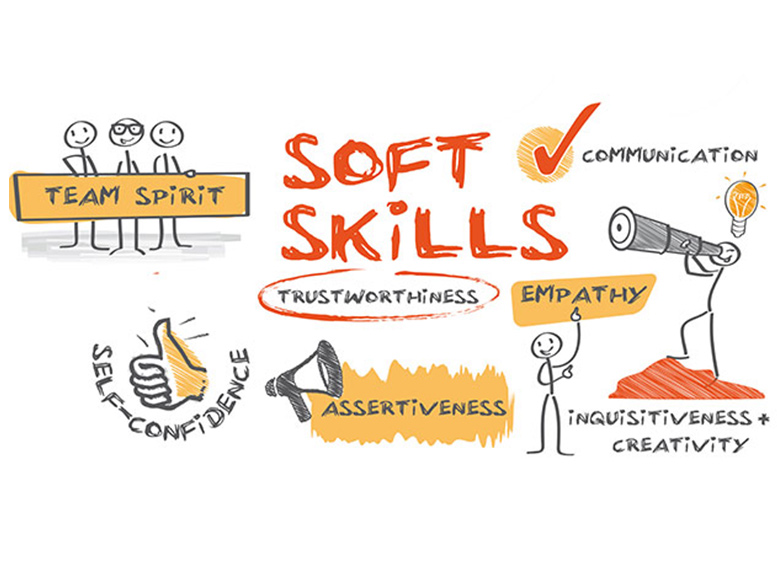One of the most satisfying aspects of the work I do is helping other women create a strategy to achieve their business or career goals, keeping them accountable, and then seeing them attain those goals. As I like to say, women supporting other women – just as it oughta be.
In my last blog on this topic I talked about tips for women entrepreneurs who want to grow their businesses. This time I’d like to share some tips for women who want to grow their careers in the corporate environment. (Men, these tips will work for you, too!)
First of all, it’s important to understand that you are in charge of your own destiny. You need to keep an open mind, be curious, and get really clear about what YOU want for your life and career, and stop listening to those voices telling what you “should want.” Remember the old saying, “if you don’t know where you’re going any road will get you there.”
Assess where you are. When you’ve decided what you want, take inventory. What skills do you have, what skills do you need? How will you attain those skills? What are your values and interests? What are some internal blocks or other obstacles that have held you back so far in your career?
Understand trends. Bersin by Deloitte recently published a research report about HR and talent in 2017. Here are a few of their predictions based on trends they saw.
-Organizational design will be challenged everywhere. Organizations have to be able to “focus on customer-centric learning, experimentation, and time to market.” Functional groups should be organized into teams that are “smaller, flatter, and more empowered. Leaders should focus more on hands-on leadership, and less on leadership from behind a desk.”
-Culture and engagement will remain top priorities. Deloitte research shows that “86% of business leaders rate “culture” as one of the more urgent talent issues, yet only 14% understand what the right culture is.”
-Human performance and well-being will become a critical part of HR, talent and leadership. Employee engagement levels have not improved in the past 10 years, productivity is down, and U.S. workers take 4 to 5 fewer vacation days today than they did in 1998.
What opportunities do you see in these predictions based on your skills, experience and competencies?
Assemble your supporters. Carla Harris, Vice Chairman, Wealth Management, Managing Director and Senior Client Advisor at Morgan Stanley, talks about 3 important people you need to cultivate to help advance your career: an advisor, a mentor, and a sponsor. Their roles are different.
Your advisor is there to help you understand who’s who in the organization, provide context about the way things are done, and answer the “dumb questions” you think you should already know the answer to. Your mentor is the one you share your hopes and dreams with. Maybe they’re already doing what you want to do and can share how they got there. Or maybe they’re in a different organization, but know you well and can give you honest feedback and advice. You can tell your mentor both the good and the bad stuff. The sponsor plays a different role altogether. This is the person – maybe someone on the senior management team – who advocates for you when you are not in the room. This is the person you share only the good stuff with.
Learn continuously. Not just to attain the skills to achieve your current goal, but also so that you are always ready for the next opportunity. As we all know, the world changes at a rapid pace. The job or skill “de jour” may not be needed in a year or two. Keep up to date on technology, pursue new interests, read, network, stay informed about what’s going on in the world around you. Many have watched their careers go adrift because they failed to do this.
Give back. As you move ahead in your career, never forget how you got there. Be willing to be a mentor or advocate for those in whom you see potential. Give honest productive feedback. Help others avoid the bumps you had along the road. Be willing to give informational interviews.
And, of course, don’t stop believin’.
Till next time,
Karen








